A Northern Wind: Britain 1962-65
£8.70
WATERSTONES’ BEST BOOKS OF THE YEAR: HISTORY
A SPECTATOR BOOK OF THE YEAR
The early sixties in Britain told as only David Kynaston (‘the most entertaining historian alive’ Spectator) can. Running from 1962 to 1965, A Northern Wind is the anticipated new volume in the landmark ‘Tales of a New Jerusalem’ series.
‘Addictively readable . . . Kynaston’s tireless research turns up plenty of gems’ Dominic Sandbrook, Sunday Times
‘A breathtaking array of treasures’ TLS
‘Magisterial’ Financial Times
‘Here is an intricate tapestry that conveys the essence of time’ Literary Review
How much can change in less than two and a half years? In the case of Britain in the Sixties, the answer is: almost everything. From the seismic coming of the Beatles to a sex scandal that rocked the Tory government to the arrival at No 10 of Harold Wilson, a prime minister utterly different from his Old Etonian predecessors.
A Northern Wind, the keenly anticipated next instalment of David Kynaston’s acclaimed Tales of a New Jerusalem series, brings to vivid life the period between October 1962 and February 1965. Drawing upon an unparalleled array of diaries, newspapers and first-hand recollections, Kynaston’s masterful storytelling refreshes familiar events – the Cuban Missile Crisis, the Big Freeze, the assassination of JFK, the funeral of Winston Churchill – while revealing in all their variety the experiences of the people living through this history.
Major themes complement the compelling narrative: an anti-Establishment mood epitomised by the BBC’s controversial That Was The Week That Was; a welfare state only slowly becoming more responsive to the individual needs of its users; and the rise of consumer culture, as Habitat arrived and shopping centres like Birmingham’s Bull Ring proliferated. Multi-voiced, multi-dimensional and immersive, Tales of a New Jerusalem has transformed how we see and understand post-war Britain. A Northern Wind continues the journey.
Read more
Additional information
| Publisher | Bloomsbury Publishing, First Edition (28 Sept. 2023) |
|---|---|
| Language | English |
| Hardcover | 704 pages |
| ISBN-10 | 1526657570 |
| ISBN-13 | 978-1526657572 |
| Dimensions | 16.1 x 5.9 x 24 cm |

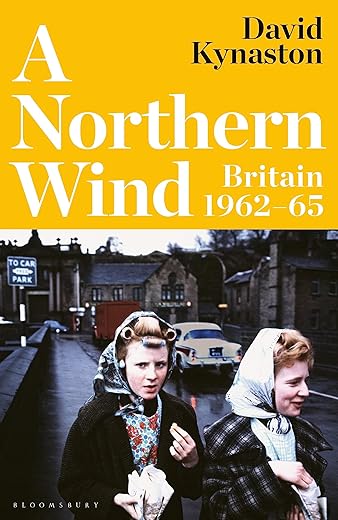

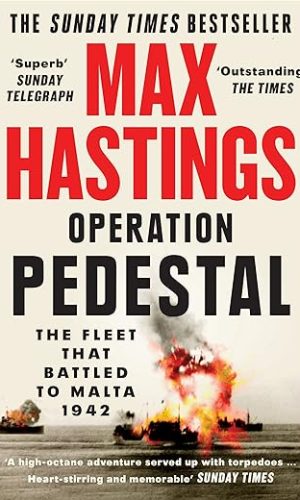


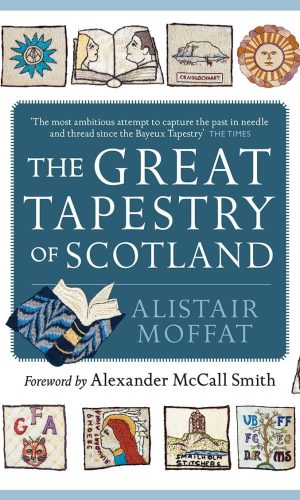
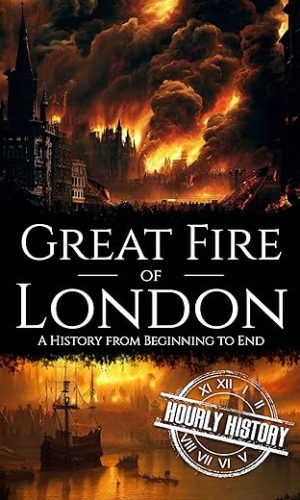
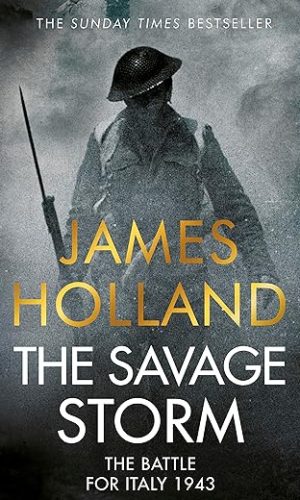
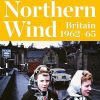
by Bookends
After reading way back in 2015 David Kynaston’s Modernity Britain 1957-62, I didn’t think I’d have to wait eight years to read the next volume: A Northern Wind : Britain 1962-65, although we did get 2021s teaser for this book, On the Cusp, published in 2021, covering just a few short months up to October 1962.
But I have to say it was well worth the wait. His easy, very readable style make the pages fly-by, and you find yourself all to soon turning over to the last page.
I love how he mixes a variety of subjects taken either from local or national newspapers, private diaries, correspondence and blends them all together to make a thoroughly enjoyable reading experience.
The book covers a time in our social history that I really love reading about, and will continue to do so in his next volume(s).
We’ve reached February 1965, and his plan is to write up to the May 1979 election, but with the time gap of this book less than 3 years, compared to previous books covered in his project – Austerity Britain 1945-51, Family Britain 1951-57, followed by Modernity Britain 1957-62, I hope we don’t have to wait too long for his next instalment, and for a book covering a longer time period as he’s not getting any younger.
It’s definitely a question I’ll be asking David at the talk he’s giving at Hatchards bookshop in Piccadilly, London on Thursday October 5th.
by Wyn Grant
This is a very enjoyable book that recaptures the variety of life in the early 1960s vividly.
by Amazon Customer
As a History graduate, I am still very interested in history particularly the social and economic side and the perspective from those who lived during that period of time. Accuracy is important, I am also interested in in the research the Author undertook, and take great interest in the sources, and archives listed
by John G.
Fascinating to read the details of events and decisions made that I experienced as a teenager – even though some looked and felt different at the time .
by Mr. John F. Marcham
A follow-on from his previous books. If you have read any of them then you must read this. From a personal point of view I was a student in Birmingham during most of the events – it really brought it all back to life!
by funky_farmacist
One of Kynaston’s main points is that he relies heavily on written accounts, eg diaries and letters, of “the man on the Clapham Omnibus “. Only sparingly does he mention the going on in Whitehall and elsewhere further up the hierarchy, except it be personal documents. This gives his books a unique flavour of history from those who made it at the grass level. Kynaston manages to move the narrative along by putting markers down so that the reader knows where they are, eg The Cuban Missile Crisis. There will be a couple of pages giving the context of this event-and then a lot of personal views of what Everyman thought about it, how it would affect them. This makes for a book a bit different from the usual social history book.
by Gully Foyle
After the rather breezy (i.e. thin) previous entry this is an excellent return to form and a worth entry in the series.
by Mike McRory-Wilson
We have now reached volumes 8 and 9, and Kynaston has, as usual, done a thorough and highly readable job – next stop 1965 to ? ? ?